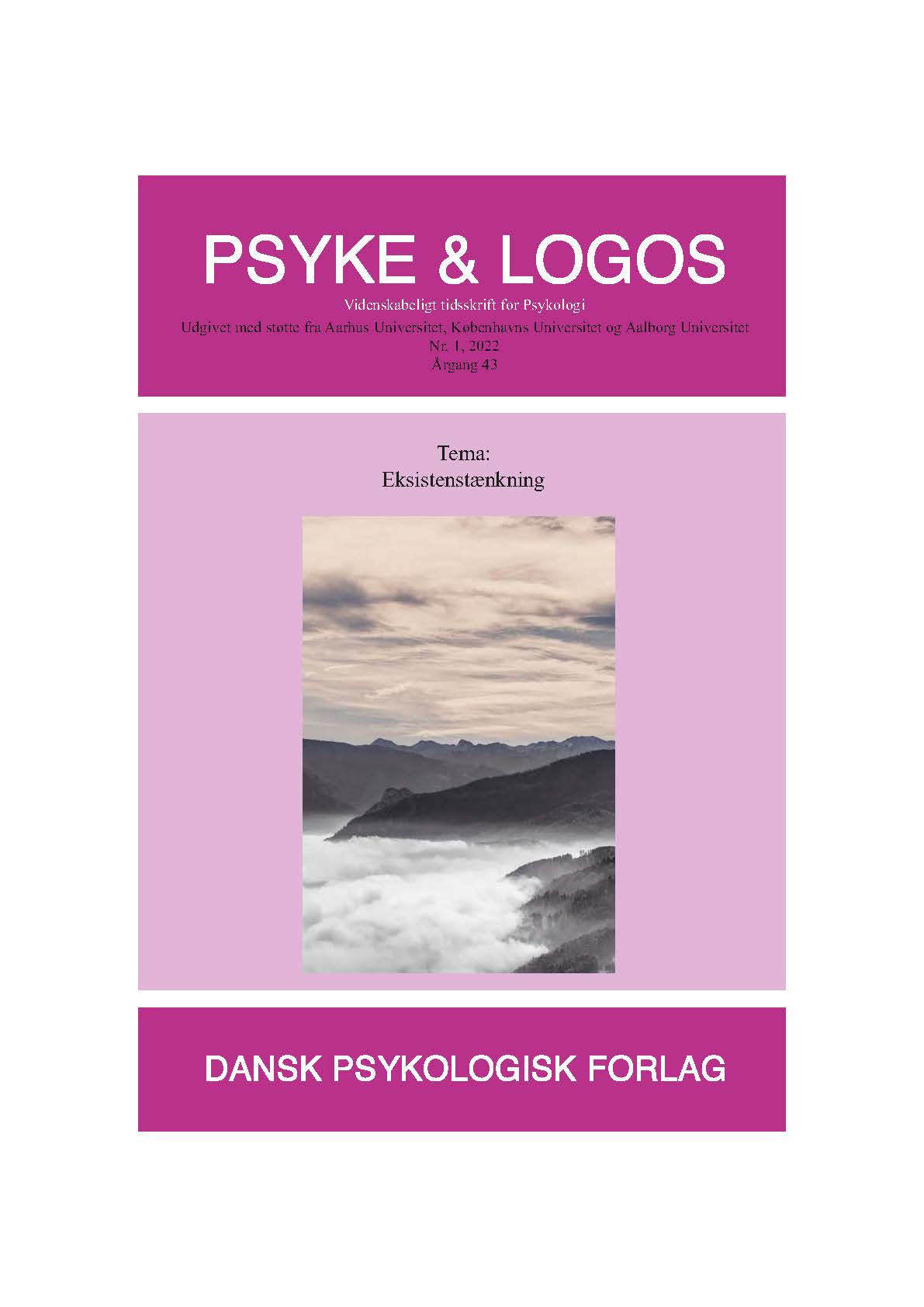We are the life we do not live
A hopeful outline of the psychology of daydreaming
DOI:
https://doi.org/10.7146/pl.v43i1.133888Keywords:
hope, daydreams, climate crisis, griefAbstract
Contemporary existential thought must consider the fact that the climate
crisis, to an increasing degree, is affecting all life on planet Earth without
reacting with nihilism or despair. Today, debates concerning the emotional
consequences of the climate crisis are dominated by negative emotions
such as anxiety, grief and even depression. In light of the intensified warming
of the Earth’s surface and linked climate changes, hope is often considered
improper and naïve. In this article, I aspire to revitalise the existential,
ethical and political significance of hope and argue that it comprises a
vital part of our struggle for more sustainable ways of living. With a point
of departure in the intimate relationship between hope and daydreams in
Ernst Bloch’s thought, I aspire to formulate a notion of hope that is equally
founded in a confrontation with limitations and an open horizon of
possibilities. Hope and daydreams are intimately related since they are
both positioned in between – in between fantasy and reality, necessity and
possibility. In this opening, which simultaneously exhibits the chains of
historicity and the radical contingency of existence we will locate a form
of hope that neither can be reduced to optimism nor desire – a hope aptly
considered as a relationally anchored virtue, intimately related to our ability
and willingness to act.
Downloads
Published
How to Cite
Issue
Section
License
Ophavsret er tidsskriftets og forfatternes. Det er gældende praksis, at artikler publiceret i Psyke & Logos, som efterfølgende oversættes til andet sprog, af forfatteren frit kan publiceres i internationale tidsskrifter, dog således at det ved reference fremgår, at den oversatte artikel har et forlæg i en dansksproget version i Psyke & Logos. Artikler kan frit deles og linkes til på forsknings- og undervisningsnetværk (så som Blackboard). Link foretrækkes, fordi det giver oplysning om brug af tidsskriftets artikler.




